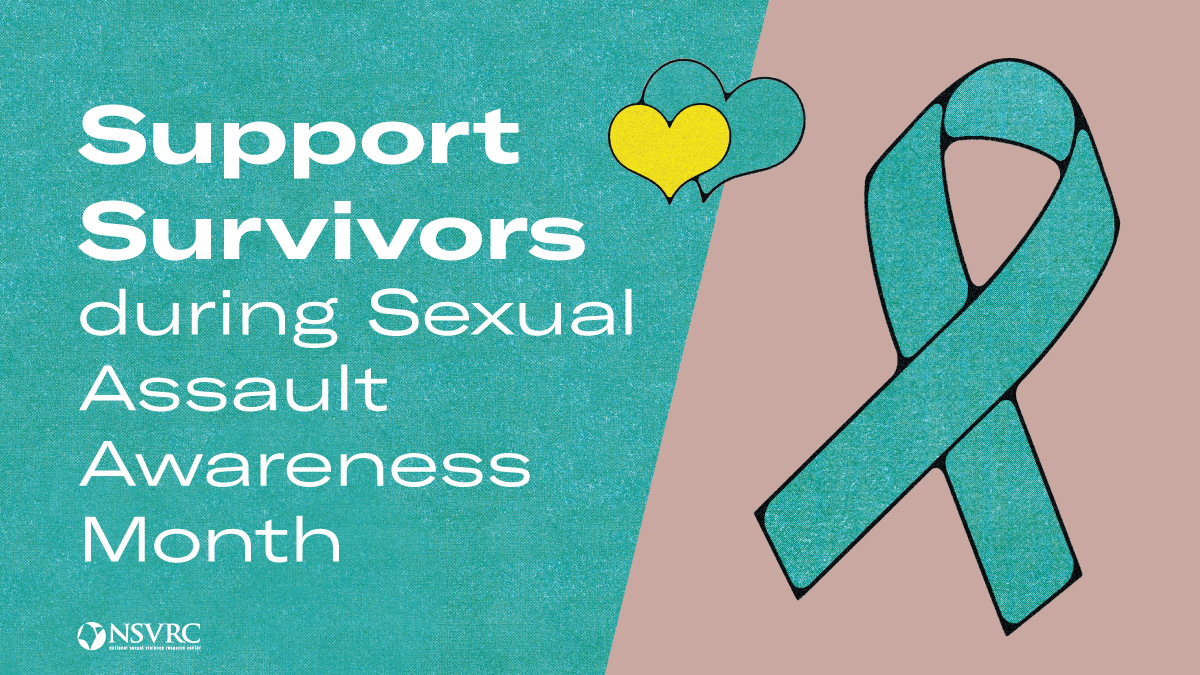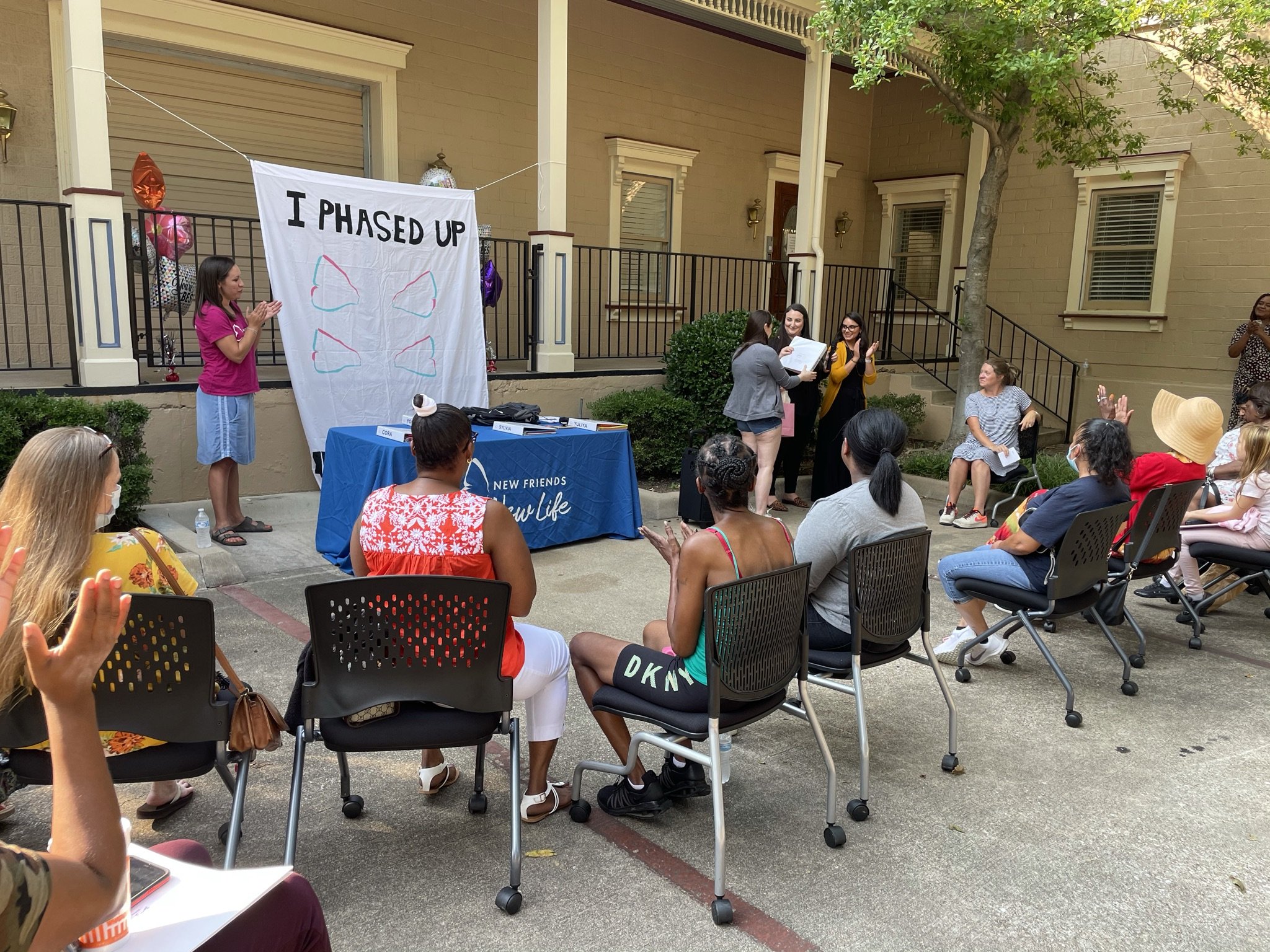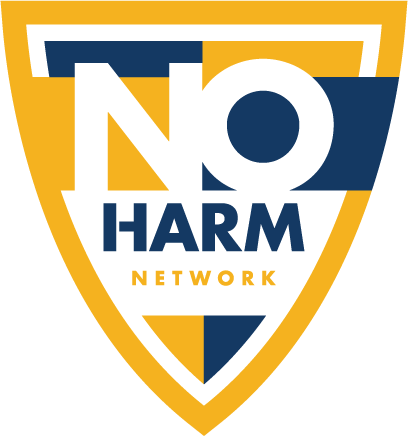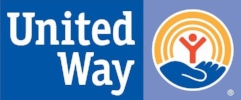Hope of a New Life and Brighter Future
/Written By: Priya Murphy, NFNL Senior Director of Development
It was in the year 2003, when I was on a bus with my college band to go sing at a church that was in the middle of the Red-Light District (Kamathipura) in Mumbai, India where I first learned about sex trafficking. Kamathipura is India’s second largest red light district. I was a sheltered pastor’s kid who was in theology school and knew very little about the awful reality of human trafficking. My eyes were wide open that day as I sat on the bus that drove through the red-light district. I saw many young girls dressed to appear older, waiting to be bought by men. I thought only adults were involved in sex work and by choice, but I was appalled to hear stories of young girls being sold into trafficking. How could this possibly exist in this modern world? My mind could not comprehend. Our host, the ministry pastor explained to our band the reality of the girls in the sex trade and how many were forced into it, and it was never their choice. No little girl ever dreams of being a sex worker when they were five or six years old. It was not their choice to be a sex worker, and some were sold into this trade by their own family members. “Fatima, a 32-year-old sex worker, said the building in which she has lived and worked since being sold by her sister to a brothel owner at the age of 12 is slated for demolition.”- The Guardian.
Once my eyes were opened to the reality of sex trafficking, I made the decision to somehow help the victims of trafficking and bring awareness to this issue but the following year my family moved from India to central Florida, USA. I started researching to find if Sex Trafficking existed in the US and what I found was perhaps even more shocking to me. I regarded the US to be one of the best places in the world (it still is) and believed it to be a country of freedom for humanity unlike any other countries. It almost shattered me when I learnt how prevalent Human Trafficking (HT) is in this country. Human Trafficking is really a global issue and it’s a monstrous issue facing humanity. I learned that there are nearly 25 million victims of human trafficking globally, it’s a 150 billion dollars industry, annually. 77% of victims worldwide are trafficked in their home country (U.S. Department of State). 42% of the victims were brought into trafficking by a member of their own families (Polaris Project). The more I learned about the stats around HT the more hopeless I felt about making any difference in this large issue. I am sure that’s how many people feel after they become aware of this issue. Perhaps, like me you have asked the question, “how can I possibly make a difference, I am just one person, and this issue is so overwhelmingly large?” But the answer is simple, take the first step and start helping one person at a time.
My personal first step was research and I started to get educated on the issue of trafficking. I got certified as a Human Trafficking awareness speaker. I started volunteering and supporting United Abolitionist, a local non-profit in Orlando, FL who help rescue victims and work to abolish trafficking. In 2009, I even traveled back to India with a few friends to make a documentary movie on Human Trafficking, you can watch the trailer here. I did all this, while I was pursuing my MBA as a full-time student and held a full-time job at a university as Alumni Director. Today, I am blessed to be on the front line of the fight against trafficking working in my full-time role as the Senior Director of Development at New Friends New Life (NFNL). For the past five years I have worked at NFNL, I have witnessed firsthand the hope of the new life we offer to women and girls who come through our doors every day leaving “the life” behind. NFNL emerged in 1997 when an exotic dancer walked into a local Dallas church seeking a way out of her lifestyle and hoping for a better life. The church’s women’s group helped her find conventional employment and provided the ongoing support she needed to make a fresh start. Soon she began bringing more of her friends, and the group organized to help them leave a life of sexual exploitation and trafficking. NFNL started because of the courageous step a women took to seek help and the willingness of the women’s group from a Dallas Church to help one victim of trafficking which led to the creation of an agency that has served hundreds of women and girls in 25 years including serving 312 women and girls last year alone.
I am so proud of the work we get to do at NFNL restoring and empowering trafficked women and girls and driving awareness of the issue. We provide monthly public bus tours free of cost to the community. Matt Osborne, our Men’s Advocacy Group Liaison, and I co-lead these bus tours. He discusses trafficking cases worked by law enforcement at different DFW locations, providing humanizing insights into the characteristics and pervasiveness of human trafficking and exploitation in north Texas. Human trafficking is a $99 million illegal industry in Dallas (Urban Institute) and Dallas has the second-highest number of trafficking cases in Texas (UT Austin).I often see the same shock on our guest’s face during the bus tour that I experienced when I was on the bus on the red-light district in India because once you see, you cannot unsee. It is often overwhelming to learn trafficking is taking place in our own backyard. At the end of the bus tour, I usually share stories of the survivors who are now living a restored and empowered life because of the programs we offer at NFNL and share the parable of the starfish on the beach. You are probably familiar with this parable.
At NFNL we are making a difference in the lives of one woman and girl at a time offering her the hope of a new life. In a recent graduation, one of the graduates of our Women’s Program shared,
“When I first came to New Friends New Life, I was traumatized by my past, emotionally drained, and felt broken spiritually. My desperation for help was all the hope I had left inside... Today, I can accept that I am a Brilliant Woman exploding with Grace, Hope, Purpose, and Strength. My hope for the future is to be an encouragement to others by mentoring young ladies.” – Nikki
My hope is that you, the reader will be moved to take your first step to make a difference in the life of one trafficking victim. If you can give, please give to support our programs. If you can pray, please pray for our courageous survivors to be transformed and for wisdom for our amazing staff for the hard work they do every day. If you can serve, find a volunteer opportunity or join our auxiliary groups. Finally, if you can raise awareness, follow us on social media or invite us to speak to your community. LET’S BRING HOPE TO SURVIVORS, LET’S REMAIN HOPEFUL of a brighter future of a world without trafficking.

























